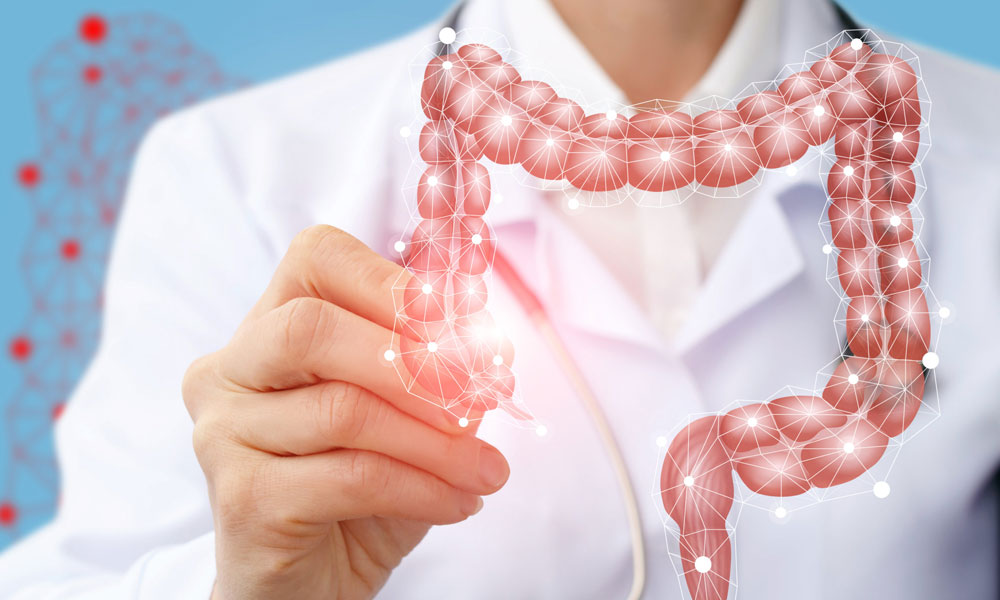
Colonoscopy
Why do people have colonoscopies?
Colonoscopy is the definitive investigation of the colon, having the advantage over other techniques in that biopsies may be taken and polyps may be removed. The most common reasons for colonoscopy are:
- To investigate a sustained change of bowel habit or bleeding with the bowels
- To investigate iron deficiency anaemia (a decrease in blood count due to loss of iron)
- To investigate symptoms of inflammatory bowel disease
- Screening if there is a strong family history of colon cancer
- Screening if there is a personal history of colon polyps or colon cancer
- Occasionally to investigate chronic unexplained abdominal or rectal pain
At your Specialist clinic appointment you will have the opportunity to discuss the procedure in person as well as plan the date and receive the necessary paperwork and scripts to arrange your procedure.
You will need to complete an admission form and submit this to Chelsea as well as paperwork that may be required for your insurance provider. Note that we are Southern Cross Preferred Providers which streamlines approval for those members.
In order to perform colonoscopy, the bowel needs to be prepared with dietary restriction and specific medication. You will receive separate information regarding this procedure as well as the relevant medication scripts.
Colonoscopies are performed at Chelsea Hospital as a day procedure. After completing your admission details and changing into theatre attire, an IV line will be inserted into your hand or arm and monitors will be attached to ensure your safety during the procedure.
Strong sedation medication will be administered through the IV line and the procedure will begin. The colonoscope is inserted into your anus and passed around your entire colon. Air is pumped into your colon to allow visualisation. Do not be embarrassed about passing wind during or after the procedure as it is necessary.
Biopsies may be taken and if a polyp is found it will usually be removed. Biopsies and polyp removal are painless.
After the colonoscopy, you will be observed in a recovery area, usually for about 30-60 minutes, until the effects of the sedative medication wear off. The most common complaint after colonoscopy is feeling bloated and gas cramps. By passing gas you will make yourself more comfortable and speed up your recovery. You may also feel groggy from the sedation medications. Most people are able to eat normally after the test.
It is normal to feel tired after colonoscopy and you should plan to take it easy and relax for the rest of the day. As you have received strong sedative medication it is important you do not drive vehicles, operate machinery, engage in high risk activities, drink alcohol or make important decisions until the following day. You should stay in the company of a responsible adult.
Colonoscopy is a safe procedure, and complications are rare but can occur, as follows:
- Bleeding can occur from biopsies or the removal of polyps, but it is usually minimal and can be controlled.
- The colonoscope can cause a tear or hole in the colon. This is a serious problem, but it does not happen commonly.
- It is possible to have side effects from the sedative medicines.
- Colonoscopy may not always be able to be completed due to tight twists in the bowel. If your colonoscopy is incomplete, a CT colonogram would usually be recommended to examine the remainder of your bowel.
- Though it is the best investigation of the colon, it is still possible to miss pathology.
Seek urgent medical attention if you have any of the following:
- Severe abdominal pain (not just gas cramps)
- Vomiting
- Fever
- Rectal bleeding (greater than a couple of tablespoons)
You will be given preliminary information from the procedure once you have woken from the sedation. Biopsies generally take one week for results to return. If you require biopsy results, a follow-up appointment will be arranged before you depart.
